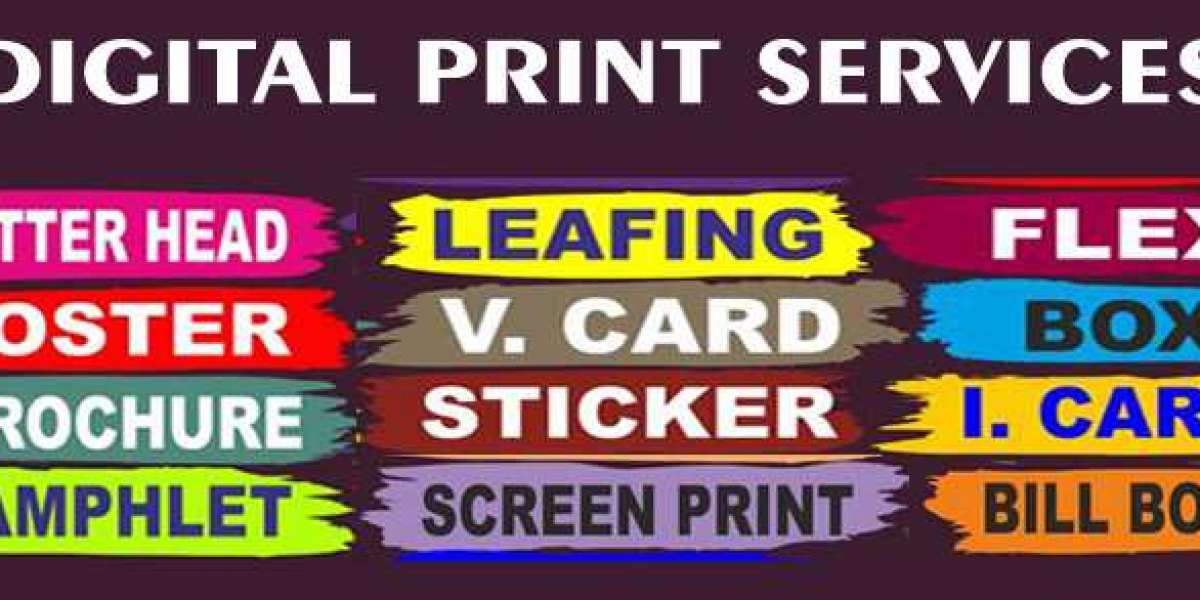Firstly, the issue of authenticity has always been a primary concern in the online learning ecosystem. Whether it's regarding the credibility of online courses or verification of educational credentials, blockchain provides a foolproof solution.
By employing a decentralized and immutable ledger, blockchain allows for the creation of digital 'badges' or certificates that are inherently verifiable. These digital proofs cannot be altered, ensuring the learner's achievements are legitimate, hence beating out the potential for any fraudulent activities.
Another significant way blockchain can impact e-learning is by fostering peer-to-peer learning networks. Traditional e-learning platforms are centralized, often leading to a lack of interactive and collaborative learning.
Blockchain, with its decentralized nature, can change this dynamic. It can facilitate the creation of distributed educational platforms where learners and educators can interact directly, removing the need for intermediaries. This allows learners to engage in a more personalized and enriching learning experience.
Furthermore, blockchain technology can democratize access to education. Currently, quality education and resource materials are often concentrated with prestigious institutions and paid platforms.
The potential for micropayments on blockchain networks is another advantage that could profoundly affect e-learning. With conventional platforms, learners usually pay for a whole course upfront, which may deter some potential students.








